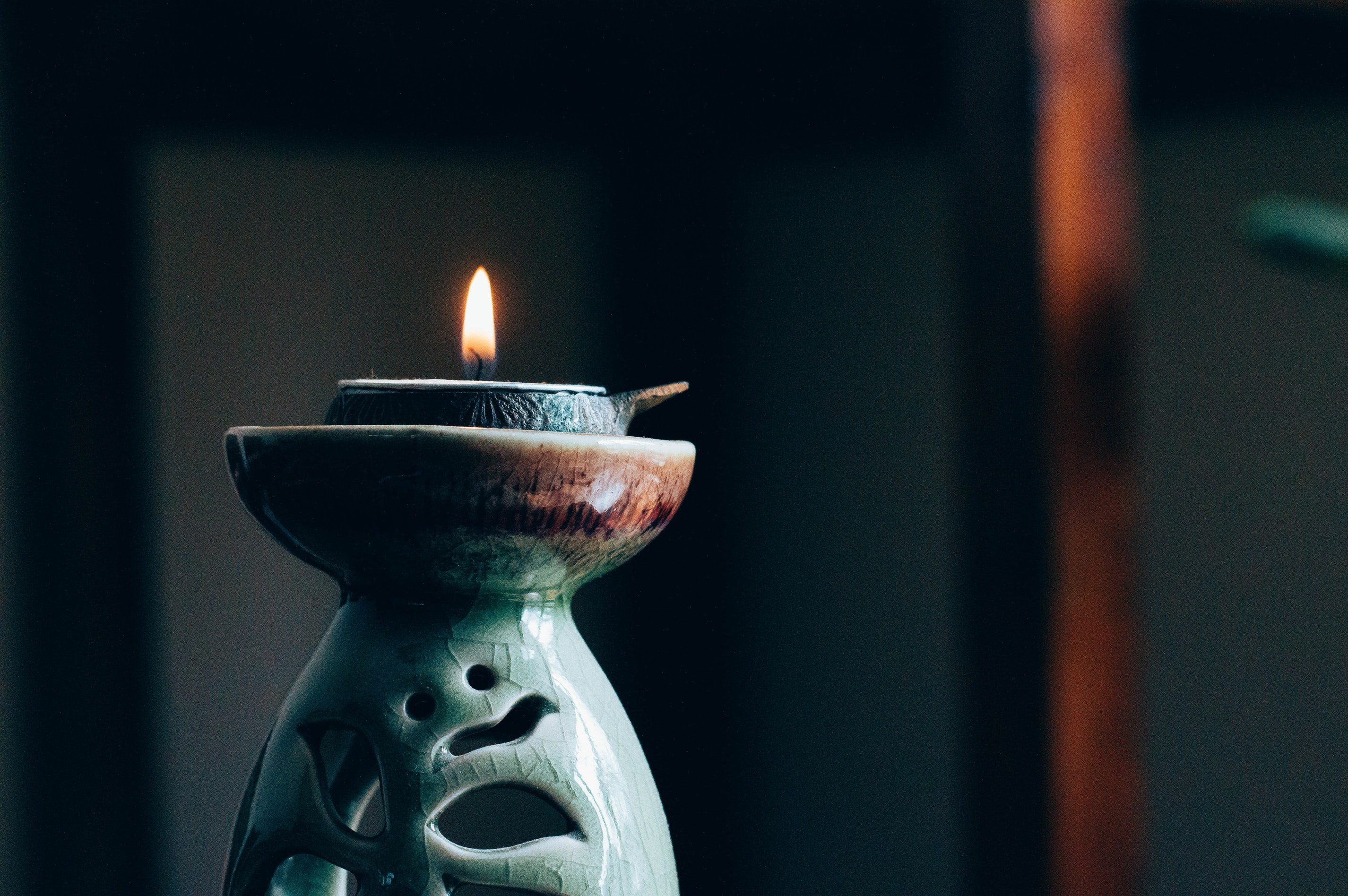In a similar scenario to what French economist, Frederic Bastiat, satirically described as petition of the candlemakers to ban the sun, Nigeria’s Deputy Senate President, Ike Ekweremadu, wants Nigeria to frustrate the sale of electric cars to protect the oil industry. His idea was in response to the proposal by Senator Ben Murray Bruce to phase out fossil fuel cars in Nigeria by 2035. Senator Bruce’s argument is based on environmental considerations but Senator Ekweremadu’s argument is based on the vague idea of protectionism. Whereas, the Nigerian oil industry will only flourish in a free market.
What Senator Ekweremadu should know about Bastiat’s Candlemakers’ Petition
In 1845, Bastiat wrote a satire on the candlemakers’ petition to ban the sun. Candlemakers and other producers of artificial source light petitioned lawmakers in France to ban the sun. They wanted houses to be built without windows so that sunlight would not get in. They believed this will leave people with no option but to buy candles to illuminate their homes, and that the economy will receive a tremendous boost as the increase in demand for candles and lanterns will increase the demand for oil, cotton and other close substitutes. They reminded the lawmakers that they had passed similar laws, banning certain products.
From the manufacturers of candles, tapers, lanterns, sticks, street lamps, snuffers, and extinguishers, and from producers of tallow, oil, resin, alcohol, and generally of everything connected with lighting. To the honorable members of the Chamber of Deputies.
This obviously, was not possible. The lawmakers cannot ban the sun to satisfy the candlemakers. This, however, shows the imbalance that may exist when trying to protect the interest of one set of producers rather than allow fair competition. But in a free market economy, people ultimately tilt towards what is best for them, which is a sustainable path towards economic growth instead of protectionism.
[perfectpullquote align=”right” bordertop=”false” cite=”” link=”” color=”” class=”” size=””]In a free market economy, electric car manufacturers and fossil fuel car producers will market their products in an open market where consumers will decide which satisfies their need.[/perfectpullquote]
It is true that several countries are already planning to end the production of fossil fuel cars. They believe that fossil fuel cars harm the environment and humans. Their alternative is electric cars, which uses cleaner energy—even though renewable energy comes with its own environmental hazards, too.
The idea might become a bigger problem if countries try to force reforms through legislation, which will force many companies that produce fossil fuel products out of business and thousands if not millions of people, will lose their jobs. Renewable energy, particularly solar energy is increasingly becoming the main source of energy for the future. For a tropical country like Nigeria, though, any policy to frustrate electric cars will be an attempt to literally ban the sun—in this case, it will be possible, but with devastating consequences.
Apart from suggesting that Nigeria should frustrate the sale of electric cars to protect its oil industry, Senator Ekweremadu contradicts himself by affirming that Nigerians have the freedom to decide whether to use fossil fuel cars or electric cars. If Nigerians are free to choose, why try to legally frustrate electric cars out of business then?
A Free Market Alternative?
Many people mistake the free market as one that abolishes all legislation or state oversight. On the contrary, free markets emphasize compliance with contracts and the rule of law; It cannot survive without it. The free market also ensures that everyone is given a level playing field by providing open opportunities; It frowns at laws that seek to force the shutdown of competitors for no just reasons. And as John Locke noted, “where there is no law, there is no freedom.”
In a free market economy, electric car manufacturers and fossil fuel car producers will market their products in an open market where consumers will decide which satisfies their need. Void of any bad government regulation or cronyism, prices and choice will allow the market to identify the best competitor while the consumer enjoys top quality products at the least cost possible.
Free trade is based on voluntary cooperation, not by the use of force, especially not through legislation. The candlemakers’ petition proves this fact. It is also corroborated by a Yoruba (a West African tribe) proverb: owo kii fun owo lorun, which means, one trade does not harm the other. Senator Ekweremadu should be advised accordingly.
Feyisade Adeyemi is a Writing Fellow at African Liberty. He is Academic Director at African Students for Liberty and teaches African Ideas of Liberty on Udemy. He is on Twitter @Thisischale.

